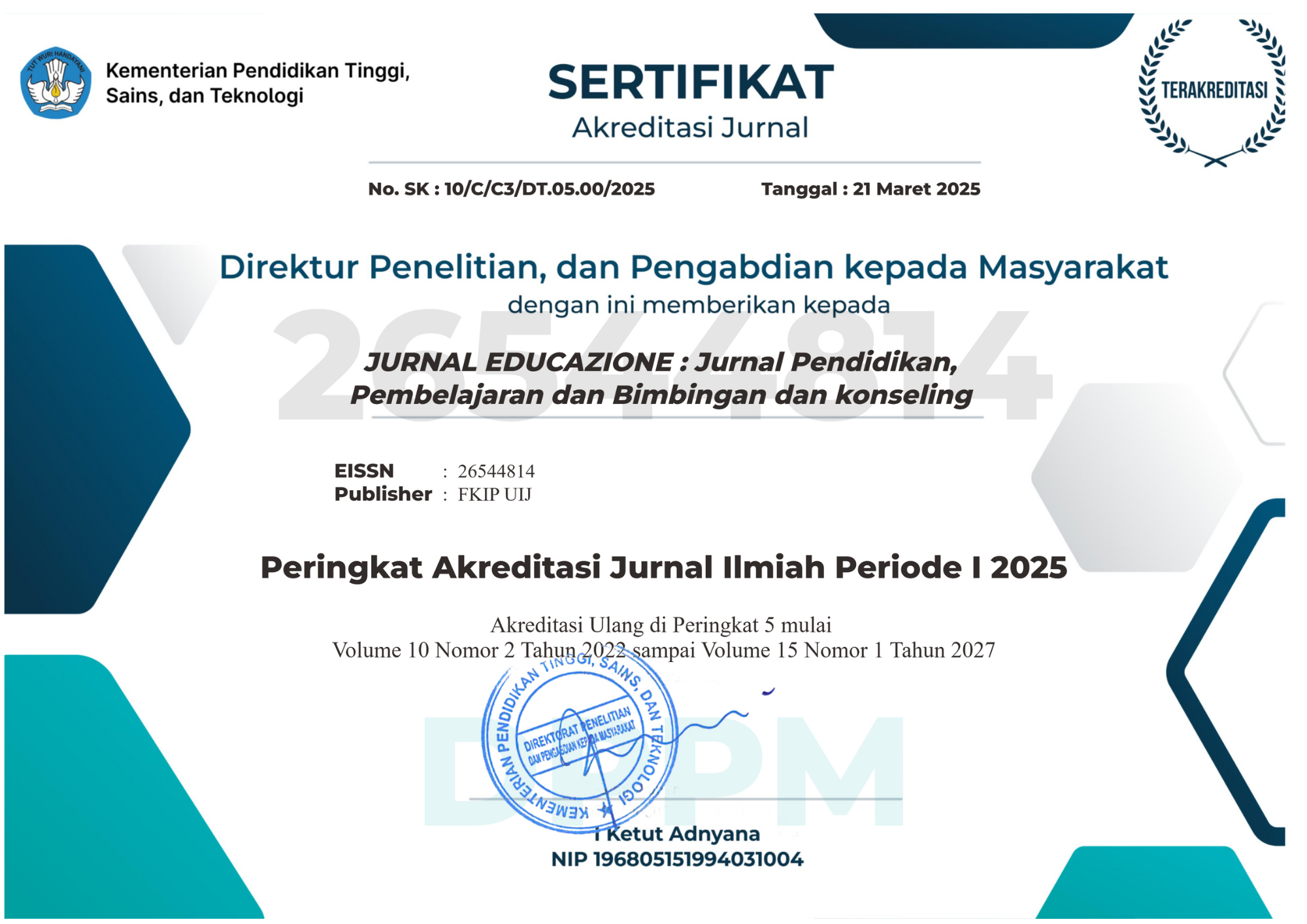Ontologi Attachment dalam Dinamika Keluarga: Peran Orang Tua dalam Pembentukan Identitas Anak
DOI:
https://doi.org/10.56013/edu.v13i1.3600Keywords:
Attachment; Character Education Intervention; Child Identity; Family Dynamics; Insecure Attachment; ParentingAbstract
This study investigates the parental role in the formation of children's identity through an ontological lens of attachment theory. Employing a descriptive qualitative approach with a case study of FN and K, the analysis centers on how insecure attachment within the family system impacts the development of identity and psychological well-being. The findings reveal that children deprived of stable emotional bonds with their parents are more susceptible to identity confusion, diminished self-worth, and a tendency to seek emotional validation through external relationships, often characterized by instability and unhealthy dependence. Conversely, secure attachment provides a foundational base for emotional resilience, self-regulation, and the capacity to form balanced social connections. This research underscores the necessity of emotionally responsive and consistent parenting, alongside the importance of implementing attachment-based character education within school environments. The practical implications extend to family counselors, educators, and educational policymakers concerned with holistic child development. Future research is encouraged to explore the cultural dimensions of attachment and identity formation in collectivist societies and to evaluate longitudinal interventions grounded in attachment therapy frameworks.
Downloads
Published
How to Cite
Issue
Section
License
Copyright (c) 2025 halimatus sa'diyah, Siti nur faizatul jannah

This work is licensed under a Creative Commons Attribution 4.0 International License.















 a
a 



